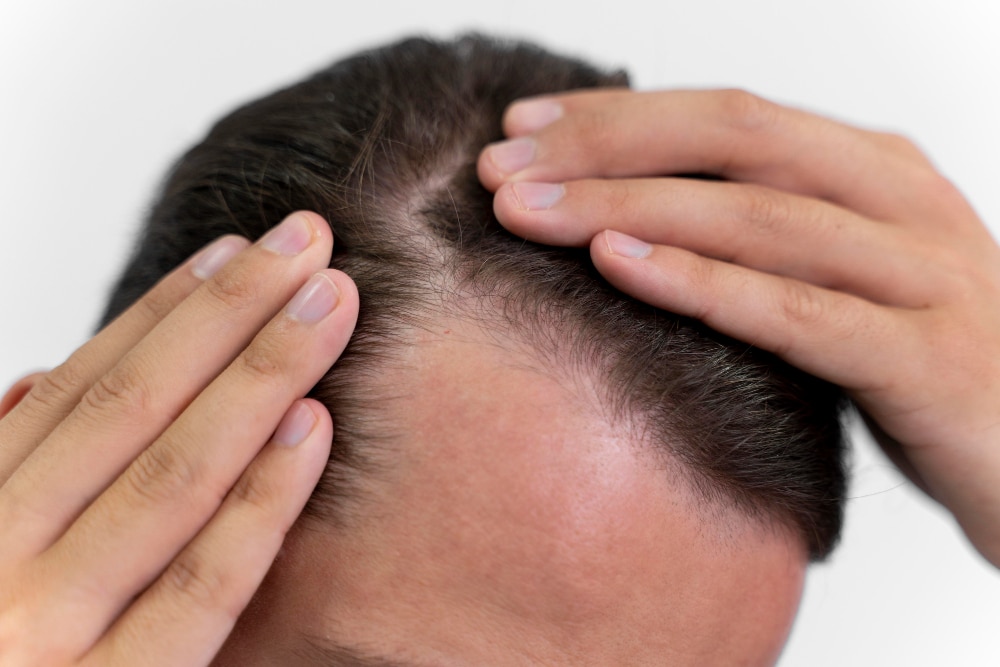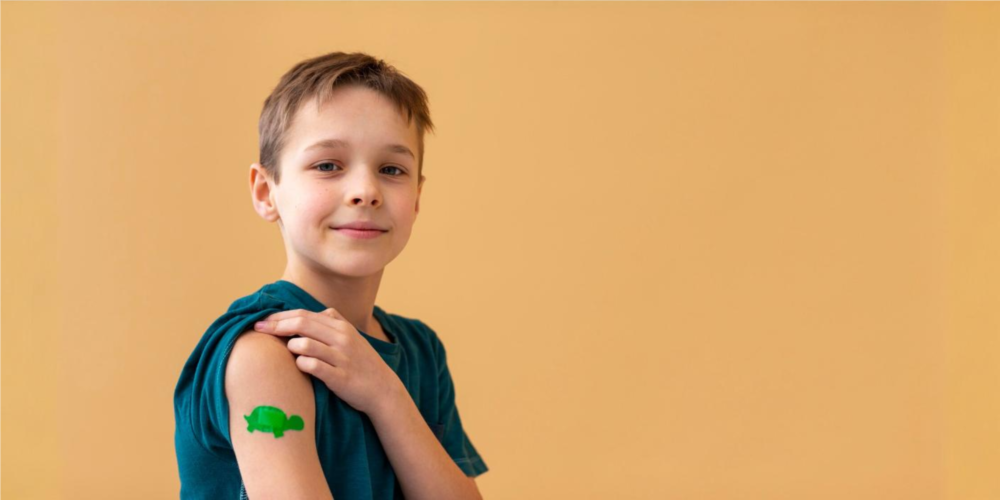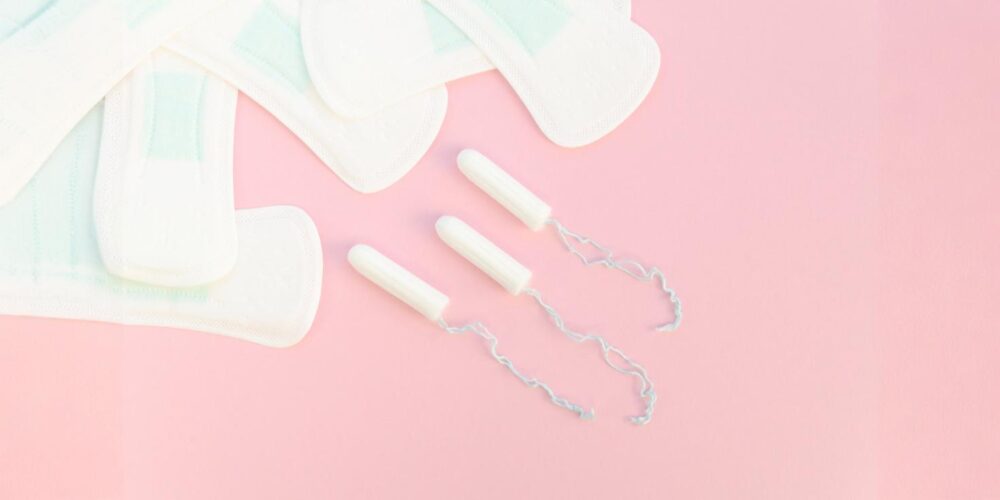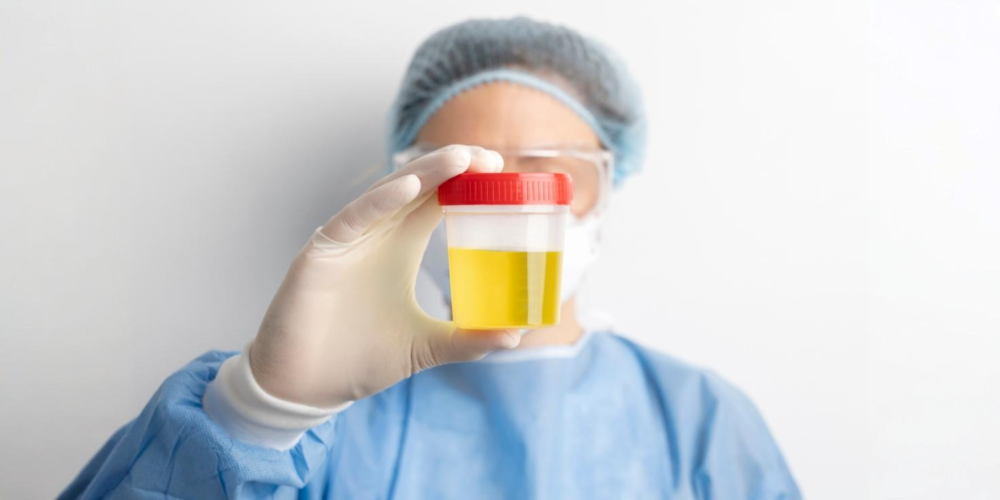Are your favourite sugary drinks secretly causing hair loss?
Diet and hair health are significantly intertwined, with new research linking sugary and alcoholic beverages to increased hair loss and premature greying
Author
Author
- admin / 5 months

- 0
- 6 min read

Author
It’s a scorching summer afternoon, and you reach out for that chilled, fizzy, sugar-loaded drink. The can sweats in your hand, the first sip feels like relief, and the sweetness gives you a quick surge of energy. For many, these drinks are more than just beverages; they’re routine companions during long workdays or guilty pleasures we rarely think twice about. But what if that very drink, refreshing as it feels in the moment, is quietly causing hair loss?
For most people, hair care is about the right shampoo, the latest serum, or a stylish haircut. Yet, new research suggests that the real foundation of hair health does not lie in cosmetic products but begins with what you eat and drink. A systematic review published in 2025, in the journal ‘Nutrition and Health’ found that sugar-sweetened beverages and alcoholic drinks are linked with a higher risk of hair loss and premature greying. On the other hand, antioxidant-rich foods like soy and cruciferous vegetables may help reduce hair loss and promote stronger growth. The findings highlight how everyday dietary choices can either harm or heal our hair.
The review was conducted under PRISMA (Preferred Reporting Items for Systematic Reviews and Meta-Analyses) guidelines, widely regarded as the gold standard for systematic reviews, and was registered on PROSPERO, an international database for registering systematic reviews, to ensure research transparency. To gather evidence, researchers searched three major scientific databases, PubMed, Web of Science, and Scopus, between March and June 2024.
They began with 1,287 articles using keywords such as “dietary intake,” “nutritional status,” “hair growth,” and “hair loss.” After filtering out duplicates and narrowing the scope to English and Portuguese studies that specifically addressed nutrients or foods and measurable hair outcomes, only 17 studies made the final cut.
These studies together represented over 61,000 participants, ranging in age from 7 to 77, with the majority being women. The conditions studied included different types of hair loss, with alopecia emerging as the most frequently examined. Researchers relied on a variety of assessment methods, from medical history and physical examinations to more precise tools such as the Severity of Alopecia Tool (SALT) score and phototrichograms, which measure hair density and thickness. The findings were consistent: diet plays a significant role in how hair grows, sheds, and maintains its strength.

Among the nutrients examined, vitamin D was the most widely studied, with five papers exploring its link to conditions like alopecia areata (AA) and androgenetic alopecia (AGA). Most of these studies reported that lower vitamin D levels were associated with more severe or prolonged hair loss, suggesting a protective role of the vitamin. However, one study found no such connection, indicating that more research is needed.
Iron also stood out for its positive influence on hair health. In one study, women with alopecia who took 100-milligram iron supplements experienced improved hair growth, reinforcing the mineral’s role in follicle function and cell renewal.
By contrast, protein deficiency was linked to poorer hair quality, with reductions in hair bulb size and pigmentation. This underscores the importance of adequate protein in supporting keratin production, the essential building block of hair.
Foods, drinks, and supplements that affect hair health
The review also looked at how certain foods, drinks, and supplements influence hair health. Soy products and cruciferous vegetables were linked to reduced hair loss, likely because of their antioxidant and anti-inflammatory compounds, such as isoflavones and carotenoids.
In contrast, a higher consumption of alcoholic and sugary beverages was associated with increased hair loss and even premature greying. These results suggest that dietary habits can either worsen or help prevent hair-related issues.
Beyond individual nutrients and foods, some studies evaluated the impact of supplements combining vitamins, minerals, and plant extracts. Products like INVERSION Femme (containing green tea and grape extracts, beta-carotene, zinc, selenium, and multiple vitamins) and marine protein formulations showed encouraging results in reducing hair shedding and supporting growth. Similarly, hydrolysed eggshell membrane and persimmon leaf extract supplementation were linked to improved hair density and thickness.
What expert suggests
Dr Rashmi Sarkar, Director-Professor, Department of Dermatology, Lady Hardinge Medical College and Hospital, New Delhi, agrees that sugary and fizzy drinks could theoretically impact skin and hair, but says more evidence is needed to establish a connection.
“This review points to an interesting possibility. We already know that anything affecting metabolism can contribute to multiple diseases. So, theoretically, sugary and fizzy drinks could impact skin and hair as well. But as of now, we need much more evidence, especially large-scale, case-control studies, to establish a clear link.”
She continues: “In my own practice, I don’t see many patients where sugary drinks are a direct cause of hair loss. However, for people who are diabetic or pre-diabetic, these drinks could play a role. Sugary beverages can cause sudden sugar spikes, which in turn may trigger inflammation, and theoretically, this could affect hair growth. But again, this needs stronger scientific backing.”
According to Dr Sarkar, nutrient deficiencies are still the leading dietary factors she observes in patients. “Iron deficiency is one of the most common reasons for hair loss,” she notes. “Vitamin D deficiency is another, and unfortunately, it’s extremely widespread in India today. Thyroid disorders also frequently contribute.”
On the subject of supplements, she suggests that a balanced diet is usually sufficient to maintain healthy hair. She notes that products such as green tea extracts or marine proteins are popular largely because they sound appealing and aesthetic, but the scientific evidence supporting their effectiveness is limited. According to her, hair thickness improves primarily when overall health improves through a wholesome diet, regular exercise, and adequate sleep.
Dr Sarkar emphasises that junk food, which includes sugary beverages, should be minimised, as it impacts health more broadly. But she also stresses that treatment depends on the type and cause of hair loss. “You always need to ask: is it hereditary, is it patchy, or is it linked to a chronic illness? Each type has to be treated differently. Some medications can help slow down hair loss, though they may not reverse it completely. But the foundation of healthy hair remains the same — a balanced diet, good sleep, and regular exercise.”
Also read: Fact Check: Can consumption of makhana with milk cure hair loss?










